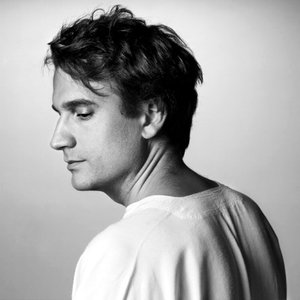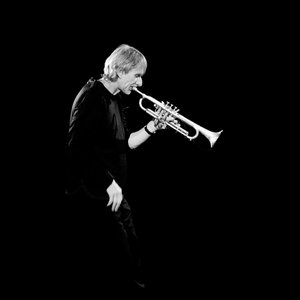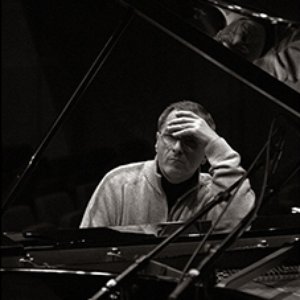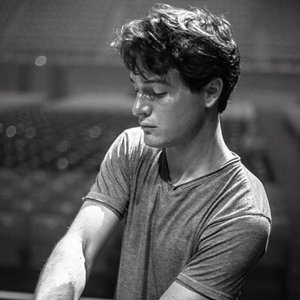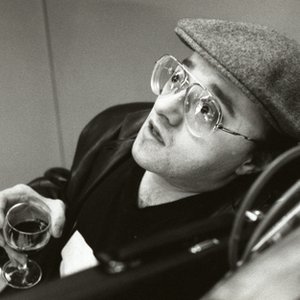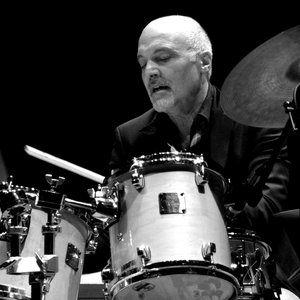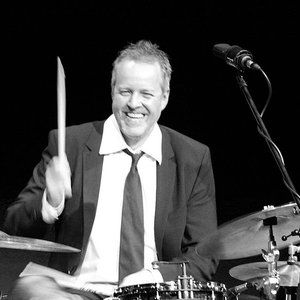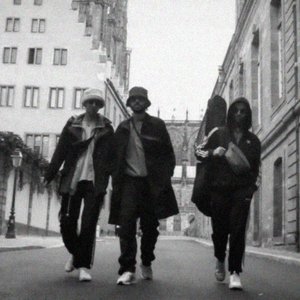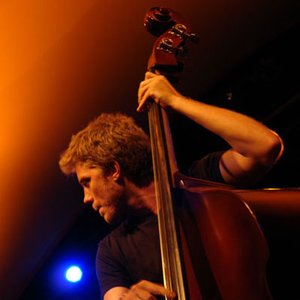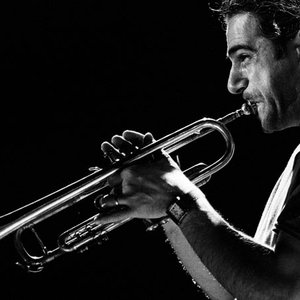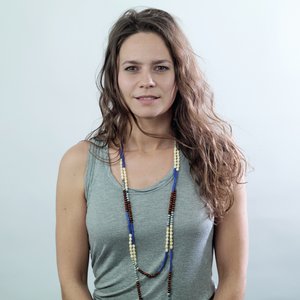Biography
-
Born
19 December 1960 (age 63)
-
Born In
Washington, D.C., United States
Laurent De Wilde, the Mid-Atlantic piano player of the year, is a graduate of the Ecole Normale Supérieure. This school and a few others like it are called Les Grandes Ecoles and they are comparable to the Ivy League. They produce the elite in this country.
And so it seemed appropriate to ask De Wilde: "What's a nice guy like you doing in a métier like this?"
He replied with a very American have-a-nice-day croon: "It seemed like a good idea at the time."
The time had been late. De Wilde did not decide to take jazz seriously until the age of 23 (he's 34 now). It had gone down like this. His father was an official in the French Embassy in Washington, Laurent was born there. The family went back and forth. He has two passports. Educated in France, he was too busy climbing the educational system's elite ladder to worry about what would come next. In the Grandes Ecoles, education becomes a sort of end in itself. He used to go on vacation with a Greek dictionary in his backpack.
He had little time for the piano throughout high and prep schools. The entrance exam for the Ecole Normale is tough. Once accepted, however, he found he could "coast. Once you're in, you're cool. You're paid. They pay you to go to school. Isn't that hip? I could play music all day long."
The school sends students abroad for a year and when he asked to go to New York they said "Why not?" Working in the consulate's cultural service by day, jazz was "thrown in my face" at night. He returned to graduate but straight life in Paris turned him off. He switched majors, you might say, as well as cities.
Back in New York, after two years on scholarship at Long Island University, he learned the repertoire in a big-time sink-or-swim situation as part of Ted Curson's rhythm section for the well frequented after-hour jam sessions in the Blue Note. He learned how to relate to in-crowd jazzmen like Greg Osby, Ralph Moore, Ira Coleman and Billy Hart. And, with Patricia, a French woman he met in New York who would soon become his wife, he learned about life in Hell's Kitchen.
They found a huge loft where he could make music all night. But it turned out that the gas bill had not been paid for 15 years and Con Ed said come up with $21,000 or the heat will be cut. It was mid-January. In Paris they cannot legally throw you out to freeze in the winter but there are no such niceties in New York. He felt like he was negotiating a Third World country's debt. They reached an agreement. But then the fire department found violations and the elevator broke down. And Patricia was pregnant.
A lucky break. A producer who was trying to close a French television deal with an American company spoke no English and said he'd "pay anything" for an interpretor. The consulate hooked him up with the normalien in New York, who helped him put his variety show together. He became its musical director and was happy to be raising a child in Paris rather than Manhattan.
Another lucky break. Although he had decided to follow a different lifestyle, he missed intellectual pusuits like literature and philosophy which had attracted him to the Ecole Normal Supérieure in the first place. So when he met a French editor in New York who said to him "why don't you write a book about Thelonious Monk.?" De Wilde replied: "Right-on, Daddy-o."
He wrote it in Paris "in bursts" (in French, for Gallimard). He tried to write "well. Better than journalism." He knows about journalism. His interviews with major names appear regularly in Jazz Magazine. Monk, he says, is like "a farmer in cattle land. Herds of cattle stampede around his little garden mooing and kicking up a lot of dust, but he just goes on cultivating his tomatoes. He's a wonderful example of obstinacy. The lesson is be obstinate in your search for excellence."
De Wilde can identify with obstinance. He obtained a deferral from the French military draft by "staring at my shoes for three days" during the test period: "It's hard to do. You try it. My best friend from the third grade happened to be in the same group as me. We hadn't seen each other since. He kept looking at me. But I was supposed to be crazy, right? So I just kept staring at my shoes and I wouldn't talk to him."
That's one definition of how to separate the normaliens from the hipsters. That said, culturally speaking, De Wilde has been anything but obstinate. He's your classic Mid-Atlantic man. Vacillating back and forth. Even though he is the first artist to be signed by Sony France's new jazz production operation and his album "The Back Burner" has just been released, he feels himself losing his musical edge in Paris and is once more searching for a key to New York.
Being a Mid-Atlantic man can be schizophrenic. He speaks in a remarkably aleatoric Franglais: "In America, the bottom line is 'make it work.' The nice thing about France is that there is no bottom line. Or rather the bottom line is making sense not money. We have great brains in France, but we don't make things work. We don't care if it works or not. If it looks nice on paper or in theory then it already works.
"But in the States it's 'don't talk about it, do it. And fast.' In music it's 'don't talk about it, play it.' That sort of thing doesn't exist in France. I get exasperated when French musicians come late to a rehearsal and they didn't bring the flute or whatever they were supposed to bring. You know the way it goes: 'Come on, I have this great wine you should check out."'
Writing words and making music — solitary vs. communal endeavor, verbal vs. abstract communication — leads to another sort of schizophrenia: "In journalism you have to hit the subject on the head. There are all these pages in the paper and every square inch has to be interesting. The competition to attract the reader's attention at all costs is incredible. With jazz, the form has time to unravel. You can sneak up on it. Any jazzman who tries to attract attention at all costs is lost to the cause. But each occupation involves another way to get there. Maybe that's a definition of art in general. Another way to get there."
Artist descriptions on Last.fm are editable by everyone. Feel free to contribute!
All user-contributed text on this page is available under the Creative Commons Attribution-ShareAlike License; additional terms may apply.

